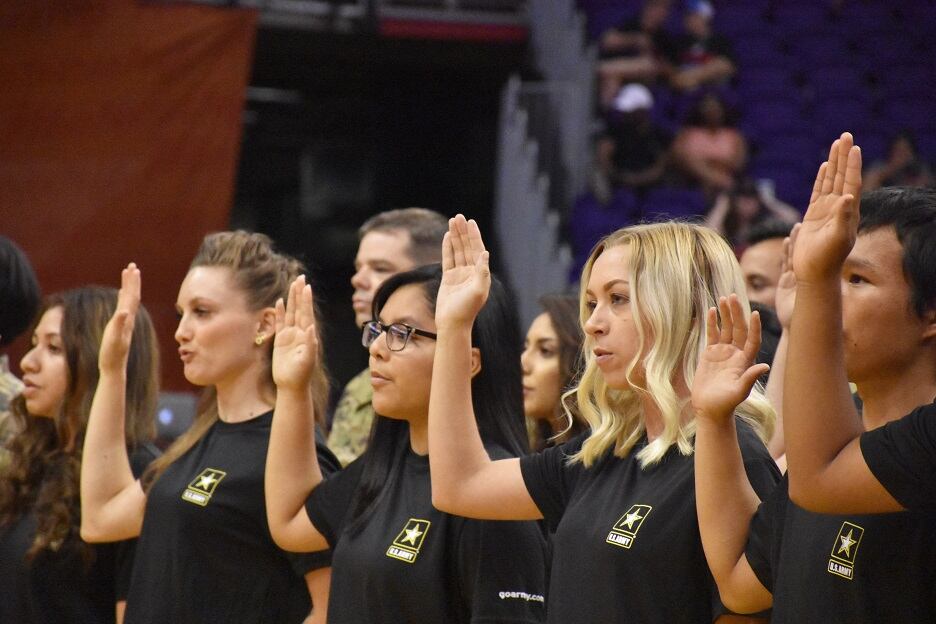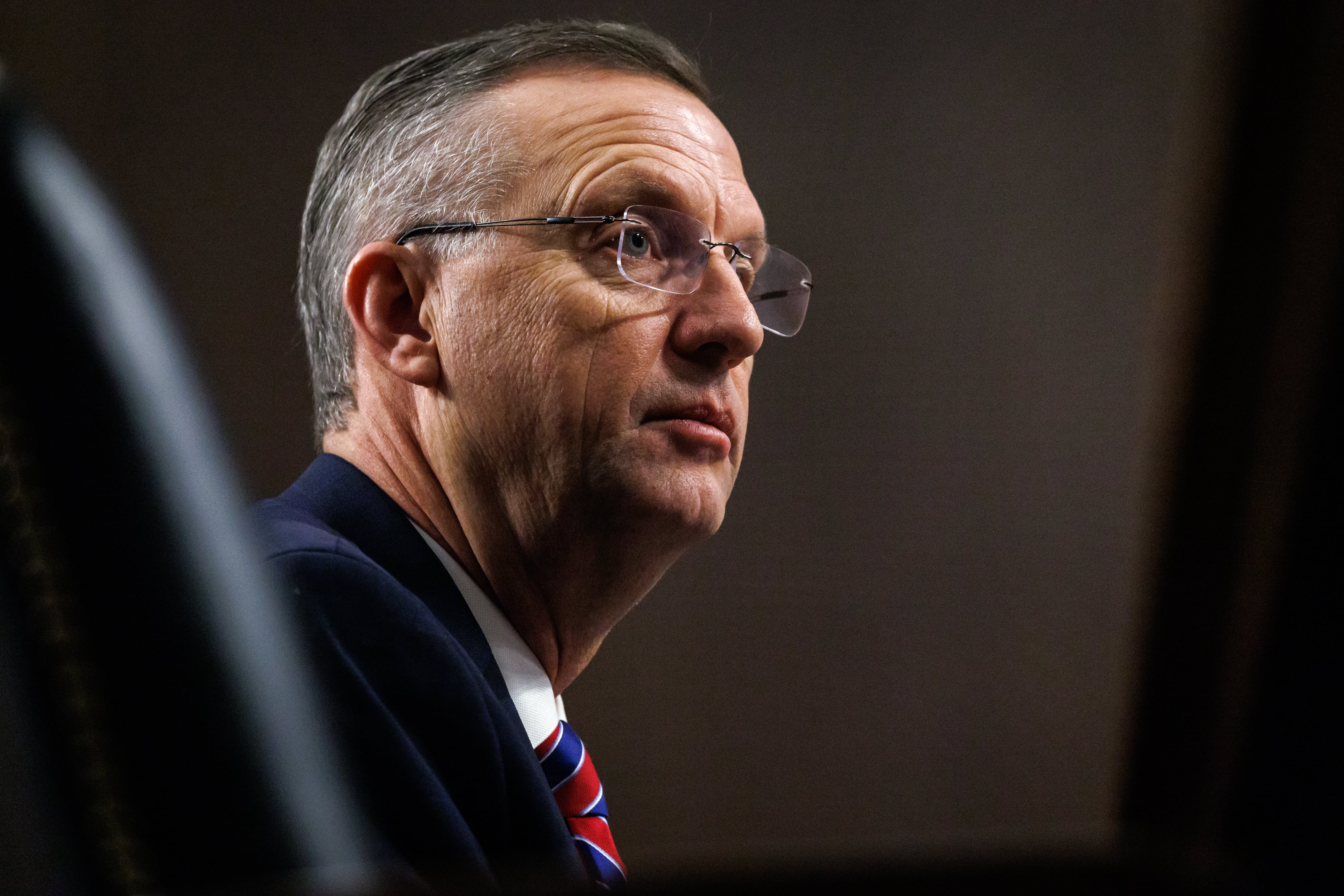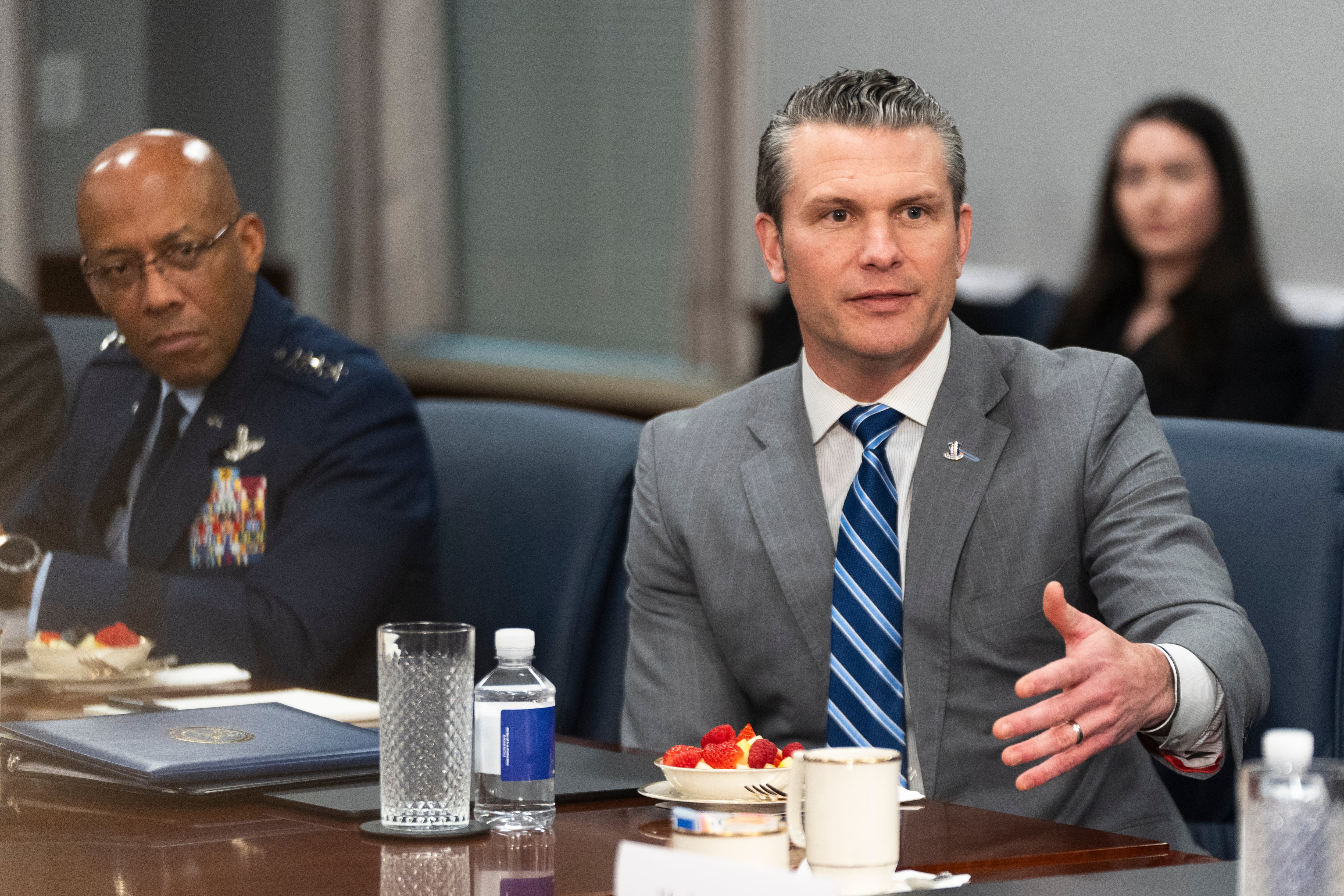WASHINGTON — The likely next leader of Army manpower management told senators Monday he’ll push for more recruiting efforts targeting younger high school students and college dropouts, in an effort to keep up with increasing personnel demands.
“The Army for many years has been very focused on recruiting out of high school, 17, 18, 19-year-olds,” said E. Casey Wardynski, President Donald Trump’s nominee to be assistant Army secretary for manpower and reserve affairs.
“We have to market the Army more effectively before they get to 17. We have to put the Army in the set of things young adults are thinking about … much earlier.”
The comments came at Wardynski’s confirmation hearing, after questioning from Sen. Jim Inhofe, R-Okla., on how the Army can meet rising recruiting goals without lowering enlistment standards. Legislation signed into law earlier this month calls for a boost of 4,000 active-duty soldiers in Army end strength in fiscal 2019, the third year in a row that personnel target has risen.
Wardynski, who called the personnel quality challenge the top issue facing him in the new role, believes the country still has enough potential recruits to avoid any lowering of standards. But doing so will require changes in how service officials think about recruiting.
“We have to use new technologies, new approaches that meet these young adults in an environment which is relevant to them,” he said.
“We also need to pay attention to the fact that a great number of young adults are going into college but not completing it, either for financial reasons, or improper fit, or other reasons. There’s about 400,000 who leave junior college each year without completing it and about 400,000 who leave college. That’s a market the Army could approach.”
Earlier this year, a Defense Department report noted that more than 70 percent of 17- to 24-year-olds are ineligible for military service, due to fitness standards, past criminal activity, or failed education requirements.
Wardynski also said he’s optimistic that new officer personnel system changes included in the annual defense authorization bill will give planners more flexibility to fill critical needs quickly, both through adding outside experts and retaining specialists already in the ranks.
Sen. Angus King, I-Maine, raised concerns that most military recruits come from military families, a cycle he said is likely not sustainable and limits public exposure to the Defense Department.
Wardynski said he sympathizes with those worries, and plans on looking at why military service is more appealing to those youths “so we can answer how can we have other kids feel that comfortable enlisting, too.”
Wardynski served 30 years as an Army officer, including work as director of the service’s Office of Economic and Manpower Analysis. In recent years, he worked as the superintendent of Huntsville City Schools in Alabama.
Tuesday’s confirmation hearing also included Alex Beehler, Trump’s nominee to become the next Army assistant secretary for installations and environment, and three other Defense Department officials. All five are expected to be confirmed in coming weeks.
Leo covers Congress, Veterans Affairs and the White House for Military Times. He has covered Washington, D.C. since 2004, focusing on military personnel and veterans policies. His work has earned numerous honors, including a 2009 Polk award, a 2010 National Headliner Award, the IAVA Leadership in Journalism award and the VFW News Media award.





